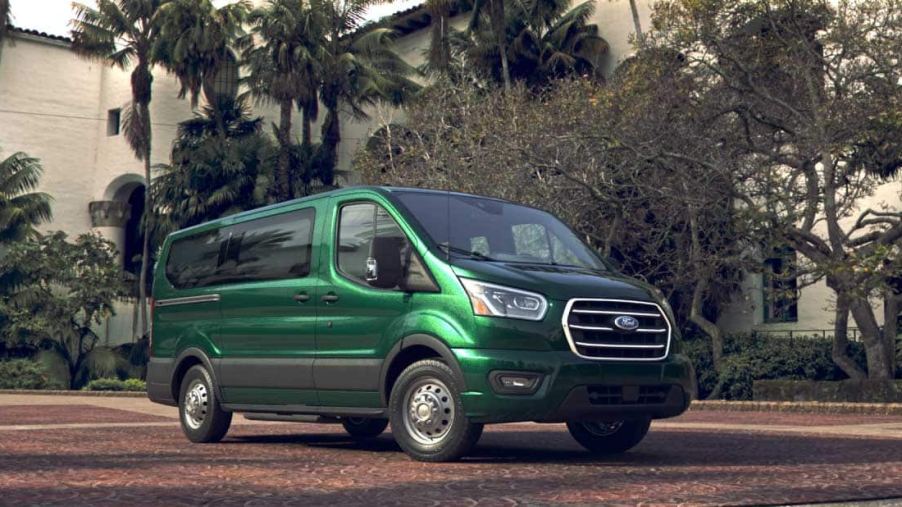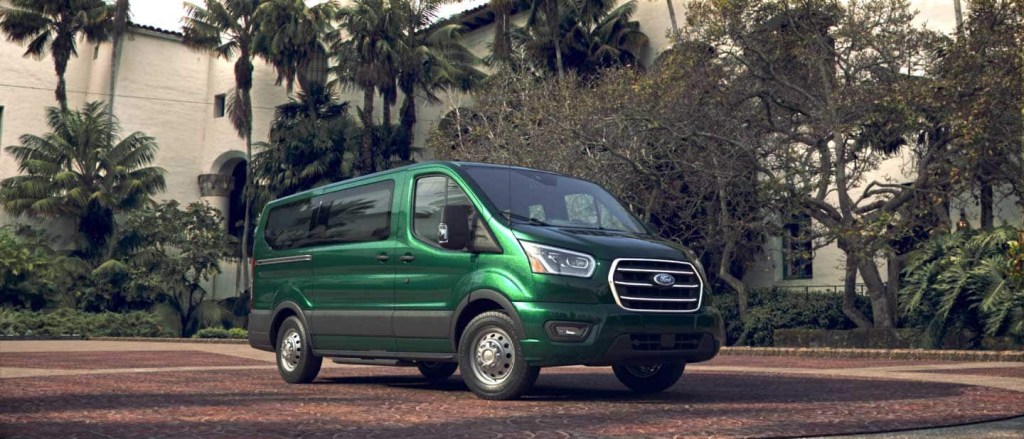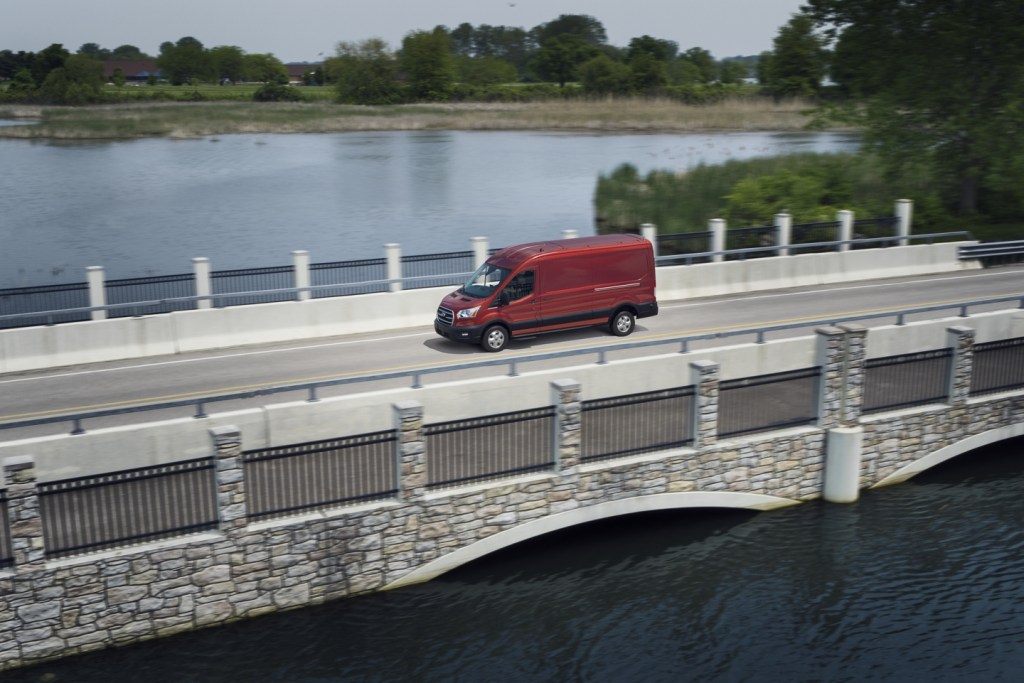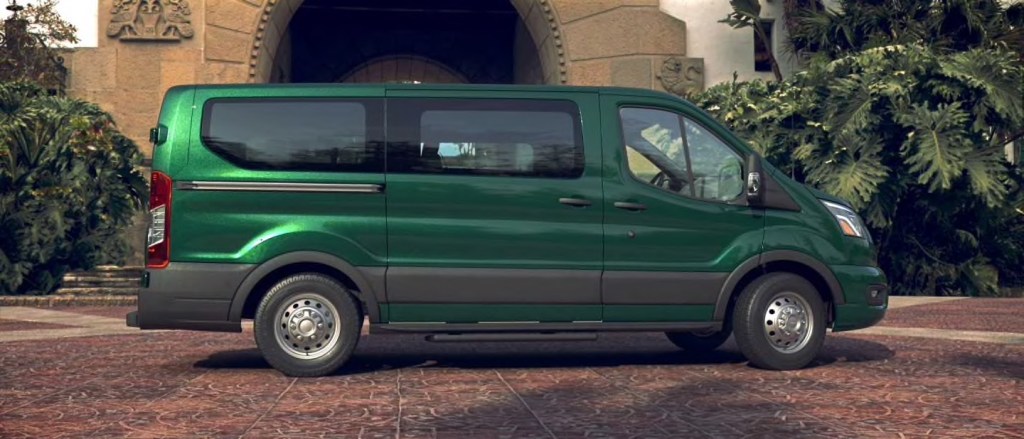
Ford Transit Van: Gasoline vs. Diesel Engine
In terms of the cargo van, Ford dominates the market. The Ford Transit is the most popular choice for commercial fleet vans. One of the reasons it is such a leading choice is for the options that are available. Of these options is the choice between a diesel engine and a gasoline engine.

What makes each of these engines different, and what might sway a commercial van buyer in the direction of one or the other? If Diesel engines are said to last longer and tout increased fuel efficiency, why even bother with the gasoline option? If you are choosing which engine you want for your Ford Transit van, here are some of the differences between the gas and diesel motor options.
The Ford Transit gasoline engine
The Ford Transit has two gasoline engine options for both the previous model years and the newly-updated 2020 Transit van. According to Ford, the 2019 transit van employed either the standard 3.7 liter V6 or a 3.5 liter EcoBoost engine, which “delivers best-in-class maximum gas torque.” The 2019 transit engines pair with a 6-speed automatic transmission. These engines have an overall EPA rating of 15 and 16 mpg respectively.

For 2020, the Ford Transit keeps that 3.5 liter twin-turbo EcoBoost. Also, a new 3.5 liter gas engine with updated technology for maximizing fuel efficiency without sacrificing power. EPA ratings for the 2020 Transit show 17 mpg overall in the gasoline engines. The improvement largely due to a new 10 speed transmission that boosts the economy of both gas and diesel engines.
Does the Ford Transit come as a diesel?
The Ford Transit van does have a diesel motor option for both previous models and the brand new 2020 Transit. The diesel of old is the 3.2 liter Power Stroke engine. It’s proven as a workhorse, according to Ford. But the Ford Transit’s new engine is a 2 liter diesel inline-four––borrowed from the Ranger Raptor released abroad. This diesel rated a combined 22 mpg, according to Edmunds. Car and Driver reports that “Ford confirmed that the U.S. version produces the same 211 horsepower and 369 lb-ft, up from the five’s 185 hp and 350 lb-ft.”

This piece by Car and Driver gives an in depth look into how each of these engine options function. The primary difference between the two is that a gasoline motor uses spark plugs to ignite the fuel and air mixture compressed in a cylinder. The diesel on the other hand uses the compression itself to cause “spontaneous ignition.” The diesel engine creates more power and torque with the fuel that it uses.
“Diesel fuel simply packs more energy in every gallon than gas fuel, which makes it more economical overall. Diesel engines are still more efficient than gas engines, but less so for those who are mostly engaged in city driving. ”
Car and Driver Research
So if you are buying a neighborhood delivery truck, the gasoline engine Transit van may be the better choice. But overall, the diesel engine Ford Transit will have better fuel efficiency. Both on city streets and cruising the highway. Additionally––because of the increased torque––the diesel is also more powerful for towing.

Which is the better engine?
When it comes to the Ford Transit van engine, both gas and diesel are compelling options. The folks at Vandoit.com have experience with cargo vans because they build Transit camper vans. Their argument is that even though the diesel can get better fuel efficiency, the cost to repair some of the Diesel engine parts can be extremely costly. Remember that each engine will lose a mile or two per gallon if you opt for the AWD variation.
So expensive, in fact, that you could just about replace a gasoline engine for the same price it costs just to repair diesel fuel injectors. They claim that, if taken care of, both diesel and gasoline engines are known to last longer than 300,000 miles. So the choices really comes down to preference.



